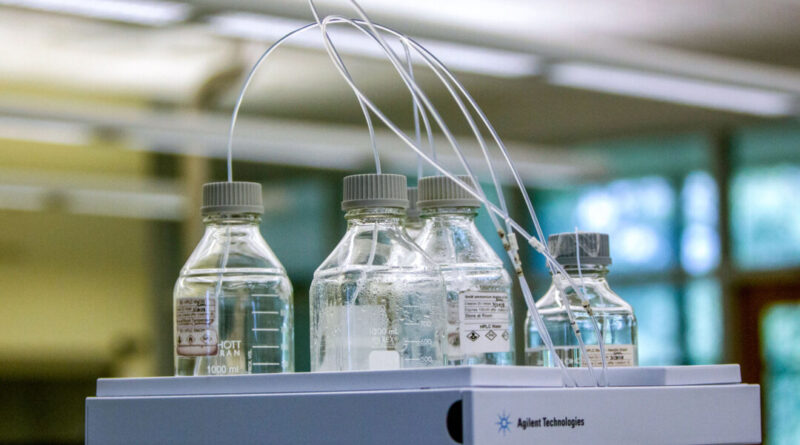European Union Contemplating Prohibiting ‘Forever Chemicals’ in Consumer Goods
‘This is something that is important for us human beings, of course, but also for the environment,’ the EU’s environment chief, Jessika Roswall, said.
EU Environment Commissioner Jessika Roswall has stated that the European Commission is contemplating the prohibition of PFAS, or “forever chemicals,” in consumer products.
PFAS, or perfluoroalkyl and polyfluoroalkyl substances, do not biodegrade in the environment, leading to concerns about the accumulation of these substances in ecosystems, drinking water, and the human body.
“This is something that is important for us human beings, of course, but also for the environment, and I believe also for the industry so they understand how to phase out PFAS,” Roswall remarked.
Studies on animals suggest that PFAS might lead to cancer, liver damage, weakened immune systems, and hormonal issues in the human body.
An EU water framework directive mandates that member states monitor their rivers and lakes for chemical contamination exceeding environmental quality standards (EQS).
“The widespread presence of PFOS and potentially many other PFAS in Europe’s water is a clear challenge to the EU’s zero pollution ambition for a toxic-free environment,” the EEA highlighted. “It also compromises the EU policy target of achieving good chemical status for Europe’s water bodies by 2027 at the latest, as outlined in EU policy.”
“PFAS are a varied group of thousands of chemicals that resist grease, oil, water, and heat,” stated the FDA. “The FDA has approved specific PFAS for restricted use in cookware, food packaging, and food processing equipment.”
Due to the association with serious health effects, the agency issued the ban to safeguard consumers from “potentially harmful food-contact chemicals.”
The initiative to combat PFAS in U.S. water stems from the Bipartisan Infrastructure Act, which allocated $9 billion for eliminating chemicals from the water.
AWWA noted that new technologies are not a “magic solution” for managing PFAS in water.
“The expense of remediation technologies can significantly vary depending on the contamination extent, chosen remediation method, and project scale,” AWWA emphasized.





